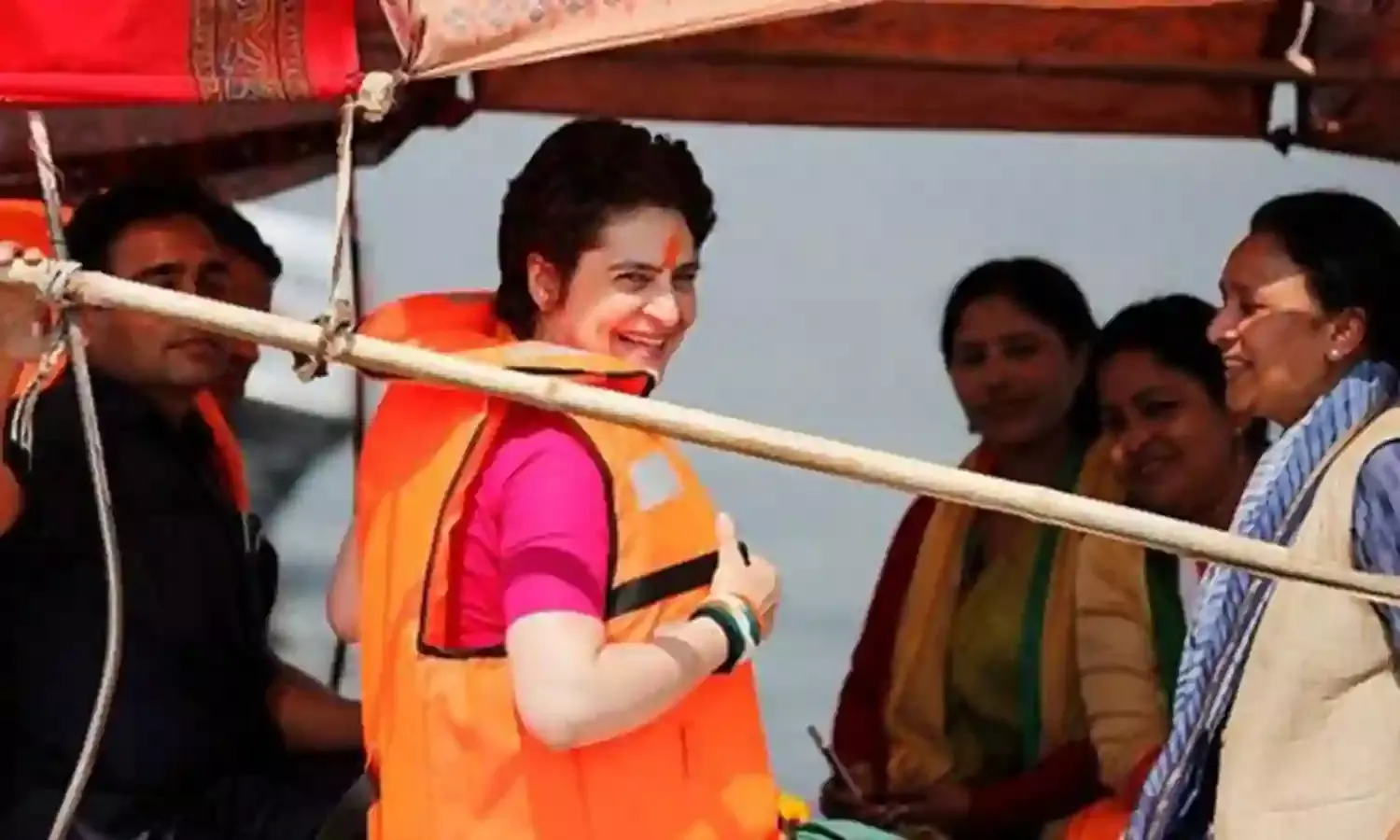The Congress Has Messed Up All Alliances, With Even Bihar Up in the Air Now
#TCVotes - Bihar, UP, West Bengal, Delhi, all talks dissolve.;

NEW DELHI: The Congress party has emerged as a third factor in all states where regional parties were consolidating alliances for a united fight against the BJP. Except for Karnataka where the alliance with the Janata Dal (S) has held, and in Maharashtra where the Congress-NCP coalition remains, the main Opposition party has failed to reach an understanding with the regional parties.
So much so, that the one ally which had stood steadfast with the Congress in Bihar, the Rashtriya Janata Dal finds itself out on a limb on the very eve of the Lok Sabha elections. The RJD had negotiated a seat division in Bihar with 21 seats for its candidates, 11 for the Congress party, three each for the smaller parties led by Jitan Ram Manjhi (Hindustani Awam Morcha) and Upendra Kushwaha (Rashtriya Lok Samata Party) and two for Sharad Yadav’s Loktantrik Janata Dal.
However, the smaller parties of which HAM and RLSP had moved out of the BJP led National Democratic Alliance were not happy with the division, and more recently the RJD revisited this, agreeing to increase the numbers by one each, and bring in the CPI-ML as well that has been asking for five seats but was prepared to reduce this in the interest of the larger coalition. The CPI too was to be adjusted in these figures.
The RJD was prepared to reduce its quota of seats and asked the Congress to do the same. The flat “no” has queered the pitch in Bihar with sources pointing out that this alliance is in jeopardy. At a time when the elections have been announced, and hard campaigning should have begun.
In UP, the Congress has made it clear it will be contesting all seats except seven Lok Sabha constituencies being contested by top leaders of the SP-BSP. The BSP’s Mayawati has rejected this offer, saying the Congress party is most welcome to contest all 80 parliamentary constituencies in the state, and does not need to make any such concessions. The SP-BSP have not announced candidates from Raebareli and Amethi yet, but indications now are that the two regional parties will no longer leave these seats uncontested for the First Family of the Congress party.
The emergence of Priyanka Gandhi has not particularly worried the coalition, although its leaders admit that in a close fight of the kind that is developing, every vote will matter. The Gandhi member has spent just six days in UP since her anointment as the general secretary of UP(East) – of which a couple of days were spent on the Ganges and half a day in visiting Bhim Army chief Chandrashekhar Azad, to persuade him to move into politics and contest the Varanasi Lok Sabha polls. Azad, according to sources, had decided to stay out of politics till his announcement now, and had a good working relationship with BSP leader Mayawati. This is at risk of being fractured now.
It is not clear why he has decided to contest against Prime Minister Narendra Modi, except to grab headlines at this point. The upper caste in Varanasi has firmly consolidated behind Modi, and the Dalit presence in the Varanasi Lok Sabha constituency is minimal, with the Muslim vote still watching developments warily.
In Delhi the talks with AAP have not moved forward, as Arvind Kejriwal has asked for seats also in Haryana and an understanding in some Lok Sabha constituencies in Punjab. It is for a similar reason that the emerging Congress-BSP pact broke in UP, as the Congress refused to accommodate Mayawati in Madhya Pradesh and Rajasthan during the Assembly elections. At the time The Citizen had written that this could prove costly in a larger Lok Sabha alliance.
Talks with the Left have failed in West Bengal. A possible alliance with Mamata Banerjee was ditched by the Congress which started talks with the Left instead. But these too have failed to fructify as both are squabbling over seats in the state where Mamata Banerjee still seems to be in control, and the BJP is expanding rapidly.
The headstart that the Congress seemed to have got with its tie-up with the JD(S) in Karnataka before the Assembly polls seems to have dissolved in the run up to the Lok Sabha elections. The Karnataka alliance has held largely because of the fortitude of former Prime Minister H.D.Deve Gowda, who has dismissed former Congress chief minister Siddaramaiah's provocations and insisted that the party continue with what in his view is a winning coalition. Congress president Rahul Gandhi had played a positive role at the onset in making this pact come through, but lately he seems to have given up altogether on the larger coalition, which is being left to the regional parties now to engineer, if at all.
The thinking within the Congress party that it should replace the Left as the glue for the coalition in 2019 seems to have dissipated, as all talks are rapidly coming unstuck. The Congress brother and sister are seemingly more interested in semantics and media spotlights, than in building an organisation on the ground in the states, including those it governs. Reports from Rajasthan and Madhya Pradesh are dismal for the Congress, as the BJP has launched an offensive that the top leadership is either unaware of, or too weak to counter convincingly.
The mahagathbandhan, if at all it emerges, will have to be formed at the initiative of the regional parties. The Congress party is now under the influence of arrogance that has created a big difference between it and the regional groupings, with even the initially enthusiastic Telugu Desam chief Chandrababu Naidu giving up on what is a shadow of the grand old party.

